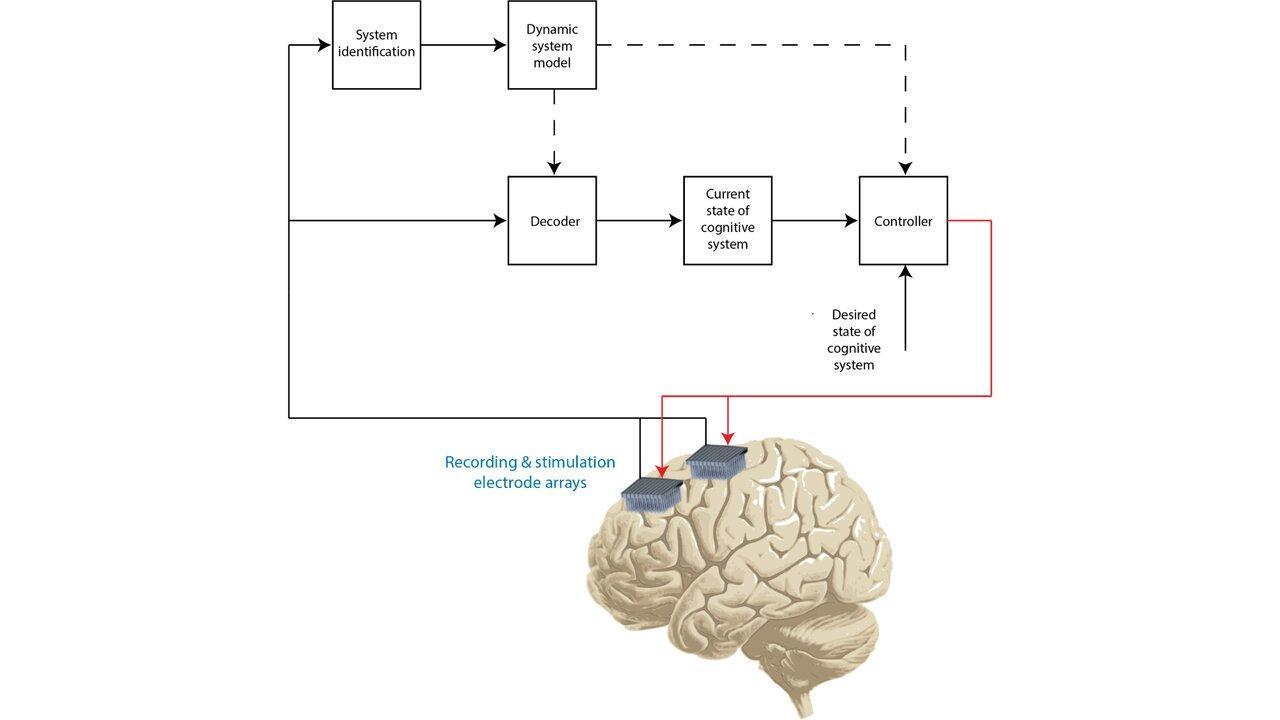
UC Davis Researchers Explore Sci-fi Solutions for Neurological Diseases
Posted by Noah A Pflueger-Peters
While drugs help patients mitigate the most extreme conditions of mental illnesses like schizophrenia or depression, they often don’t address the cognitive deficits many diseases cause, such as memory loss, low attention span and impaired decision-making. UC Davis professors Jochen Ditterich and Zhaodan Kong think a potential solution lies in brain stimulators—small devices implanted in the brain that send electrical impulses to affected regions in the same way that a pacemaker does with the heart.
Though it sounds like science fiction, the idea has merit. Brain stimulators have already been proven as an effective treatment for motor disorders like Parkinson’s disease by stimulating the affected parts of the brain. Ditterich and Kong’s hope is that similar, but more complex and intelligent devices can one day be used to restore the cognitive impairments caused by these diseases.
“The big question is, can you treat the brain as a dynamic system that you can control or steer in a certain way so that you can get it out of a maladaptive disease-related state and drive it back into a normal operating range?” said Ditterich, an associate professor of neurobiology, physiology and behavior.
With a new three-year project funded by the National Science Foundation, the pair plans to take the first steps toward finding out. Their study will focus on developing a model of the brain’s responses to different signals and then seeing if and how they can use these signals to restore cognitive function. Understanding the brain’s response to different signals, however, is a major challenge.
“We can very easily build a model of a car or an aircraft because of our knowledge of Newton’s second law and the dynamics and the kinematics of the vehicle, but the brain is not a physical system,” said Kong, an associate professor of mechanical and aerospace engineering. “You can probably write down a function for one neuron, but there are millions of neurons in the system that you need to account for.”
This means relying on sensors to detect the brain’s response to the electrical stimulations to develop a model that can predict responses to different signals. If they can do this, the next step is essentially finding out which buttons they can push with the signals—if any—to restore the functions that are impaired by the disease.
If successful, this opens the door to developing deep brain stimulation devices for a variety of diseases, or even a combination of diseases. Kong also sees the potential for the technology to venture further into what was once science fiction by one day working to augment human cognition. Though these goals are lofty and far away, the challenge is daunting and there’s no guarantee the approach will work, that’s what makes the project so interesting to Ditterich and Kong.
“I see the difficulty that we have in treating certain disorders, so the hope is that at some point, this [technology] would make it possible to achieve that,” said Ditterich. “I also think we will learn something new about how the brain works along the way.”
The project, part of the new UC Davis Center for Neuroengineering and Medicine, is a unique interdisciplinary collaboration that plays to both researchers’ strengths. Ditterich is a neuroscientist with a background in electrical engineering and Kong, a mechanical and aerospace engineer, minored in cognitive science while receiving his Ph.D. Funding began October 1.
The original article was published at this link.
